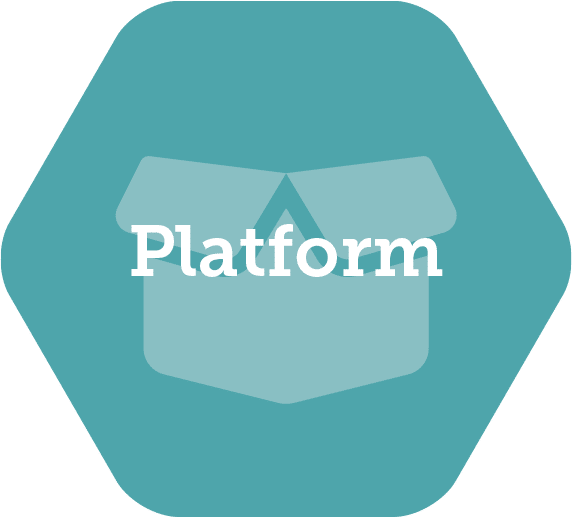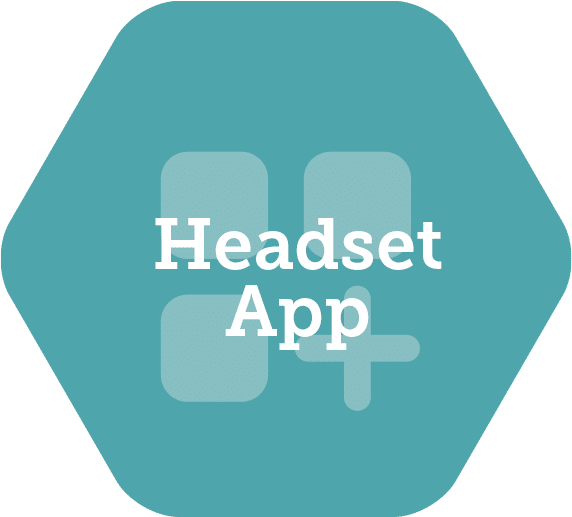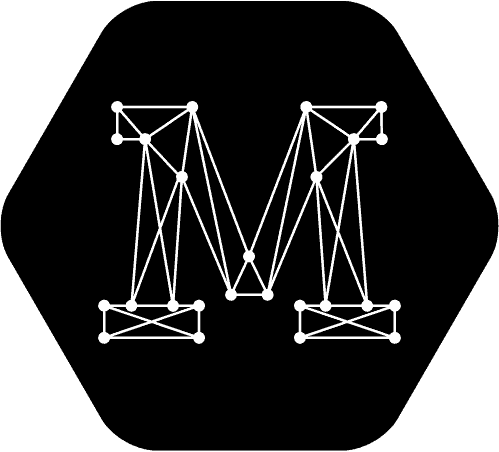To say that COVID-19 has dramatically affected nearly all aspects of modern life would be an understatement. From how we do our work to how we run our homes, even to healthcare training, nearly everything is now filtered through the COVID-19 lens. Many of us are now performing our jobs from home and, in many cases, helping to home school our children – sometimes in the very next seat or the next room. No matter how hard we have tried to flex into this new reality without changing the way we live and work, the way we live and work has changed.
What’s happened to corporate learning?
For example, let’s look at standard corporate learning. Seemingly overnight, the “norm” for corporate, enterprise-level training went from in-person, instructor-led learning opportunities to now 100% virtual experiences. Within this shift, our target audiences now must “learn” how to learn all over again. In just a few short months – nay, weeks! – the “usual” way we learned is now seemingly gone and a new way of learning has emerged. The way, method, and delivery of how we learn has definitely changed for the foreseeable future. Given this shift (or forced push depending on your perspective) towards virtual, technology-based solutions are becoming increasingly important – solutions like virtual reality.
Virtual reality (VR) training was and is part of many learning ecosystems across the globe. VR for learning can simulate job training in a safe, fully immersive, distraction and risk-free way. This is exceptionally helpful when you are delivering content that involves scenario-based decision making as well as when the skill you are teaching could be dangerous or extremely stressful.
Why VR for healthcare training?
“Healthcare is one of the biggest adopters of virtual reality which encompasses surgery simulation, phobia treatment, robotic surgery and skills training.”
The Virtual Reality Society
VR training is customizable, portable and accessible, making it a great fit for the healthcare industry. VR is currently being used in healthcare training by companies like Seattle Children’s Hospital, the Mayo Clinic, Bayer and Johns Hopkins in a variety of ways including patient education, 3D surgical simulations, mental health treatments, therapy, pain management, and rehabilitation. Organizations that have embraced VR for learning have found it to be an interactive and “hands-on” way to deliver important – sometimes critical – content in a memorable and effective way.
Patient education through VR is a dramatically different experience. Before VR, patients would receive health news supplemented with bad photocopies of information they cannot even begin to understand. With VR patient education, they can take a virtual tour of the hospital, experience a simulation of chemotherapy so they know what to expect, and interact with individualized information about their health journey.
Changing the norms in healthcare training
Historically, the typical way to learn a medical procedure and needed bedside manner was to physically follow another, more seasoned, healthcare professional from one patient to the next. With COVID-19, the risk factor of working in healthcare has increased exponentially. Learning by job shadowing is no longer reasonably safe for many healthcare students.
“One of the advantages of this technology is that it allows healthcare professionals to learn new skills as well as refreshing existing ones in a safe environment. Plus it allows this without causing any danger to the patients.”
The Virtual Reality Society
VR healthcare training applications can allow medical students and doctors to practice surgery in a safe and risk-free training environment and create recorded experiences for them to review and further learning. Leveraging VR technology rather than a real human patient gives them an opportunity to learn new and emerging procedures while sharpening their existing skills – all without danger to themselves or the patient. They can practice and make mistakes without lives and careers being at risk.
VR is especially relevant today
Given the immediate danger of COVID-19 to our society and especially healthcare workers, VR for healthcare training can make an impact now more than ever. Motive.io is helping to meet that need with cutting edge VR experiences that provide safe learning opportunities for healthcare professionals and help them to build empathy while keeping patients danger-free.
A great example is VR simulation of a medical crisis that requires a healthcare worker to gain consent. Gaining consent is a critical process that must be followed with every procedure administered. Failure to get consent could result in a healthcare worker’s dismissal and injury or death for the patient involved. Motive.io worked with a healthcare client to create a lifelike simulation of a medical crisis in need of consent. Take a look at the scenario below to experience this simulation for yourself.
The VR experience puts the learner in the role of the anesthesiologist. The lifelike experience of the physical hospital room as well as the emotional climate is felt in a very real way. As the anesthesiologist, the learner must follow procedure to gain consent while enduring the very real painful moans of the expectant mother and the impatient body language of the father. This simulation allows the learner to gain practical experience and develop empathy for the patient without direct interaction. If the learner makes a mistake, they are not faced with real life penalties, like license suspension and lawsuits.
VR healthcare training continues to grow in effectiveness and application. COVID-19 has pushed this technology to the forefront of innovative and safe ways to train our medical workforce – and Motive.io is proud to be part of the journey.
Are you considering VR training but would like to see more proof of its benefits?
Download our white paper: The Case for Immersive Training.
Latest Posts
Stay in the Know
Want to stay up-to-date with what is going on in the world of immersive training? Subscribe to the Motive Blog.
Ready to revolutionize your training program?
We’re ready to show you how seamlessly you can create, edit and deploy VR training modules. Our team is standing by to help you revolutionize your training program.





